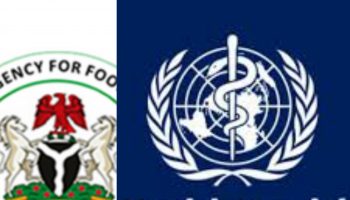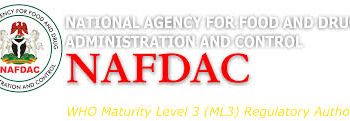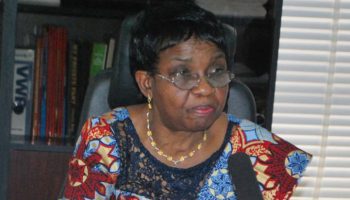“Nigeria opposes the legalization of cannabis for non-medical usage” – NAFDAC
Prof. Christianah Adeyeye, Director-General of the National Agency for Food and Drug Administration and Control, NAFDAC, has stated that Nigeria will not support the movement to legalize cannabis for recreational use because it lacks the financial resources to combat its illegal production, cultivation, and use.
The International Narcotics Control Board’s (INCB) 2022 Annual Report has also been released by the organization.
Speaking in Lagos at the release of the INCB Annual Report, Availability Supplement, and Precursor Report for 2022, Adeyeye said that the 2018 National Drug Use Survey found 14.4% of persons aged 15 to 64 used drugs, or 14.3 million people overall.
She emphasized that it is rather high when compared to the adult population’s global yearly frequency of 5.6% in 2016.
According to her, the problems caused by the sale and use of drugs don’t just affect those who use them; they also have larger health, social, and economic repercussions for the family, the neighborhood, and the entire nation.
She said: “The report also revealed that cannabis is the most commonly used drug. An estimated 10.8 per cent of the population or 10.6 million people, had used cannabis in the past year.
“The average age of initiation of cannabis use among the general population was 19 years. Cannabis use was seven times higher among men (18.8 per cent among men vs. 2.6 per cent of women), while the gender gap in the non-medical use of pharmaceutical opioids (such as tramadol) was less marked.
“Consequently, Nigeria will not support the trend of legalization of cannabis for non-medical use as our country lacks the financial capacity to fight cultivation, production and illegal use of the substance.
“Consequently, Nigeria will not support the trend of legalization of cannabis for non-medical use as our country lacks the financial capacity to fight cultivation, production and illegal use of the substance.
“Narcotics and Psychotropic substances are indispensable for the relief of pain and suffering and are controlled within the framework of the three international conventions as they possess abuse liability and produce dependence in users. They are classified not on chemical nature but on the potential for abuse and the need for medical use of the substance.
“One of the control objectives is to ensure availability solely for medical and scientific uses while minimizing the possibility of diversion to illicit channels and abuse. The policy thrust of NAFDAC is to ensure availability, access and rational use while preventing illicit use and abuse. The international drug control conventions are thus interpreted to mean improved access to controlled medicines to enable countries to meet their drug needs.
“In order to ensure adequate availability of controlled medicines, the agency in conjunction with the Federal ministry of health carried out two quantifications of narcotics and estimation of psychotropic substances and precursors in 2017 and 2019. The results of these surveys provide the evidence-based estimation of our national annual requirements of these substances and enable the country to develop measures to achieve that delicate balance between access and control,” she said.
Addressing, retired Brig. Gen. Buba Marwa, Chairman of the National Drug Law Enforcement Agency (NDLEA), stated that the annual global launch aims to make adjustments and fill with member state demands as necessary.
Marwa, who was represented by Mrs. Victoria Egbase, stated that over the years, INCB had collaborated with member nations and international organizations in order to forward the goals of the conventions on international drug control.





